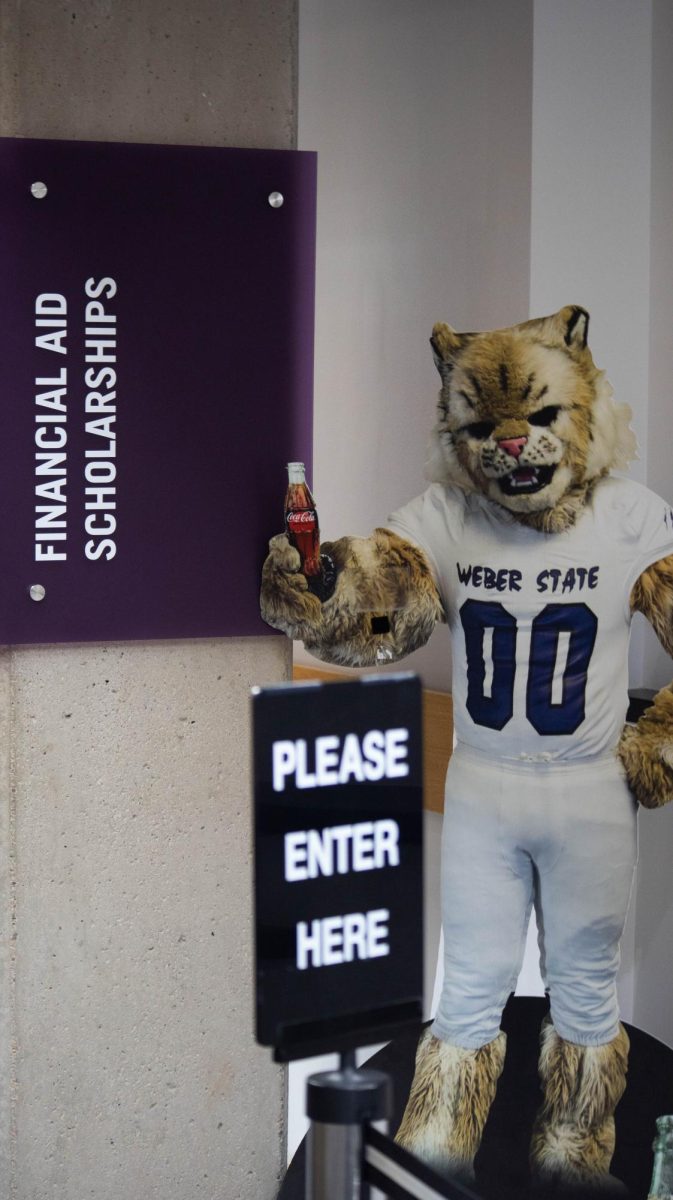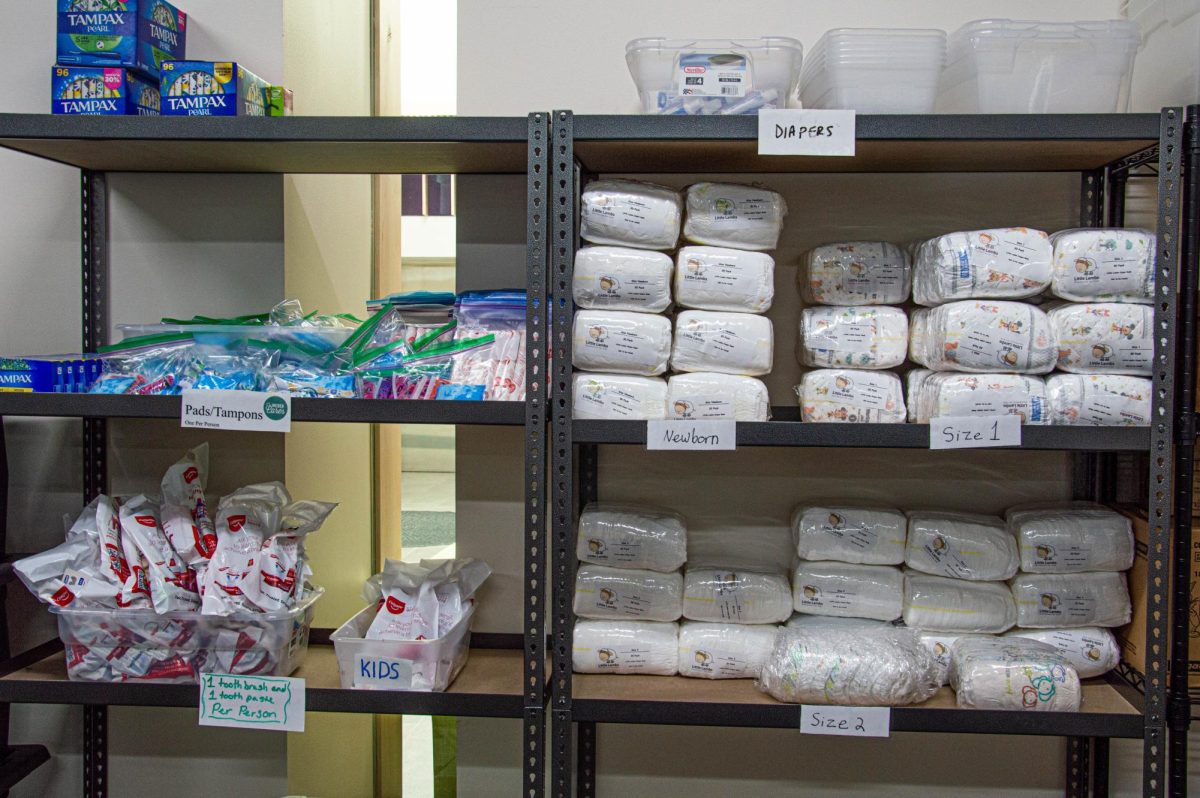
Every student has a different reason for attending college, but for Weber State University student Jazmin Carranza, it was her mother who influenced her decision to pursue a higher education; Carranza started attending Weber in 2015.
Carranza, born in Michoacán, Mexico, explained how her single mother prioritized the importance of education, further motivating her decision to move to the United States.
Carranza’s mother wasn’t always able to help when it came to her schooling. She had difficulty speaking English, but she did everything she could to assure that her children received the same education as everyone else.
After seeing what her mom went through, Carranza said there was differences between her mother and other children’s parents who worked in corporate America.
“My mom comes home and her body hurts. Their moms come home stressed from different things,” Carranza said.
Carranza emphasized some of the struggles that she’s faced in college — most of them financial — and how decision-making is impacted by how she was raised.
“We don’t know who to ask for help about what resources are available to us,” Carranza said.
Fortunately, WSU’s Center for Multicultural Excellence has helped Carranza get jobs, scholarships and her academic advisor Monica Rodriguez has guided her.
Carranza is currently the treasurer for the Hispanic Area Council club and Ballet Folklórico; she encourages students who are struggling to find someone who can help them succeed in college.
There are a plethora of Latinx students at WSU who have similar stories and reasoning behind their interest in education.
Edgar Corrales is a WSU student from Michoacán, Mexico studying micro-biology to become an ophthalmologist, in addition to French.
Corrales said Latinos are often generalized and associated with lower jobs and education.
“With my Mexican culture, when we came here, it was all about working and getting out of poverty. Nobody talked about college like it was an option,” Corrales said.
Corrales added how Latinos started filling up less prestigious jobs — in hotels, professional fields and restaurants.
Corrales hopes to get his family out of poverty and set an example for siblings to become hard workers. He works in landscape, which is “extremely hard” but motivating for him.
To have enough money for tuition and books for the school year, Corrales worked from 6 a.m. to 9 p.m. throughout the summer.
“It’s a lot of stress because you can’t fail, and you just want to be your best,” Corrales said. He’s maintained a straight-A academic profile, which has helped him get scholarships to help pay for tuition.
Both Carranza and Corrales made it clear that seeking help is important. Weber State offers resources like the CME that can answer various questions first-generation students may have.
“I know me being here is going to make my life better, I just want to see my people doing well,” Carranza said.













